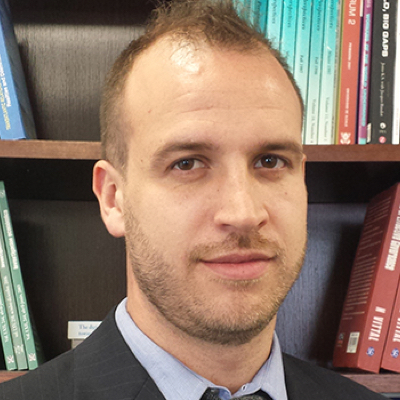July 28, 2010
Yesterday the Congressional Black Caucus held a hearing, “Focus on Haiti: The Road to Recovery – A Six Month Review,” featuring Rajiv Shah (USAID), Dr. Paul Farmer (Deputy Special Envoy to UN, Partners in Health), Loune Viaud (Zanmi Lasante), Camille Chalmers (Haitian Platform to Advocate for Alternative Development), and Ira Kurzban, Esq.(Chair, Board of Directors, Institute for Justice and Democracy in Haiti). To read more about the event and to see reports and issue briefs that were presented, please see the Institute for Justice and Democracy in Haiti.
The Boston Globe reports on Paul Farmer, whose complete testimony is available at pih.org. Farmer focused on the need to strengthen the Haitian state, an issue this blog has written on previously. The Globe reports:
Too often, Farmer argued, proliferating aid agencies and foreign nations have failed to establish enduring partnerships with Haiti’s government.
“Our historical failure to do so is one of the primary reasons that trying to help the public sector now is like trying to transfuse whole blood through a small-gauge needle or, in popular parlance, to drink from a fire hose,’’ Farmer, a UN deputy special envoy for Haiti, said on Capitol Hill.
“How can there be public health and public education without a stronger government at the national and local levels?’’ Farmer said in prepared remarks.
Both Farmer and Viaud from Zanmi Lasante (a PIH partner organization) presented “portraits of a nation whose needs remain acute six months after the earthquake.” Both speakers also stressed the need to further involve Haitians and the Haitian government in the relief efforts. Farmer “cited United Nations figures showing that while $1.8 billion in earthquake relief has flowed into Haiti, less than 3 percent has gone to the government.”
Farmer also spoke to the detrimental role the United States has played in supporting the development of the Haitian government. Farmer said:
Beginning in 2000, the U.S. administration sought, often quietly, to block bilateral and multilateral aid to Haiti, having an objection to the policies and views of the administration of Jean-Bertrand Aristide, elected by over 90% of the vote at about the same time a new U.S. president was chosen in a far more contested election.
Continuing:
Without resources, it was difficult for public providers to provide; many left to work in NGOs, which did not have a mandate to serve all citizens, and others left the country altogether. Choking off assistance for development and for the provision of basic services also choked off oxygen to the government, which was the intention all along: to dislodge the Aristide administration.
Concluding that:
Thus are the Haitian people still tasting the bitter dregs of the cup we prepared for them as we weakened, or failed to strengthen, the public sector over the past decades.
To read Farmer’s complete testimony, including his suggestions for a better way forward, click here.






